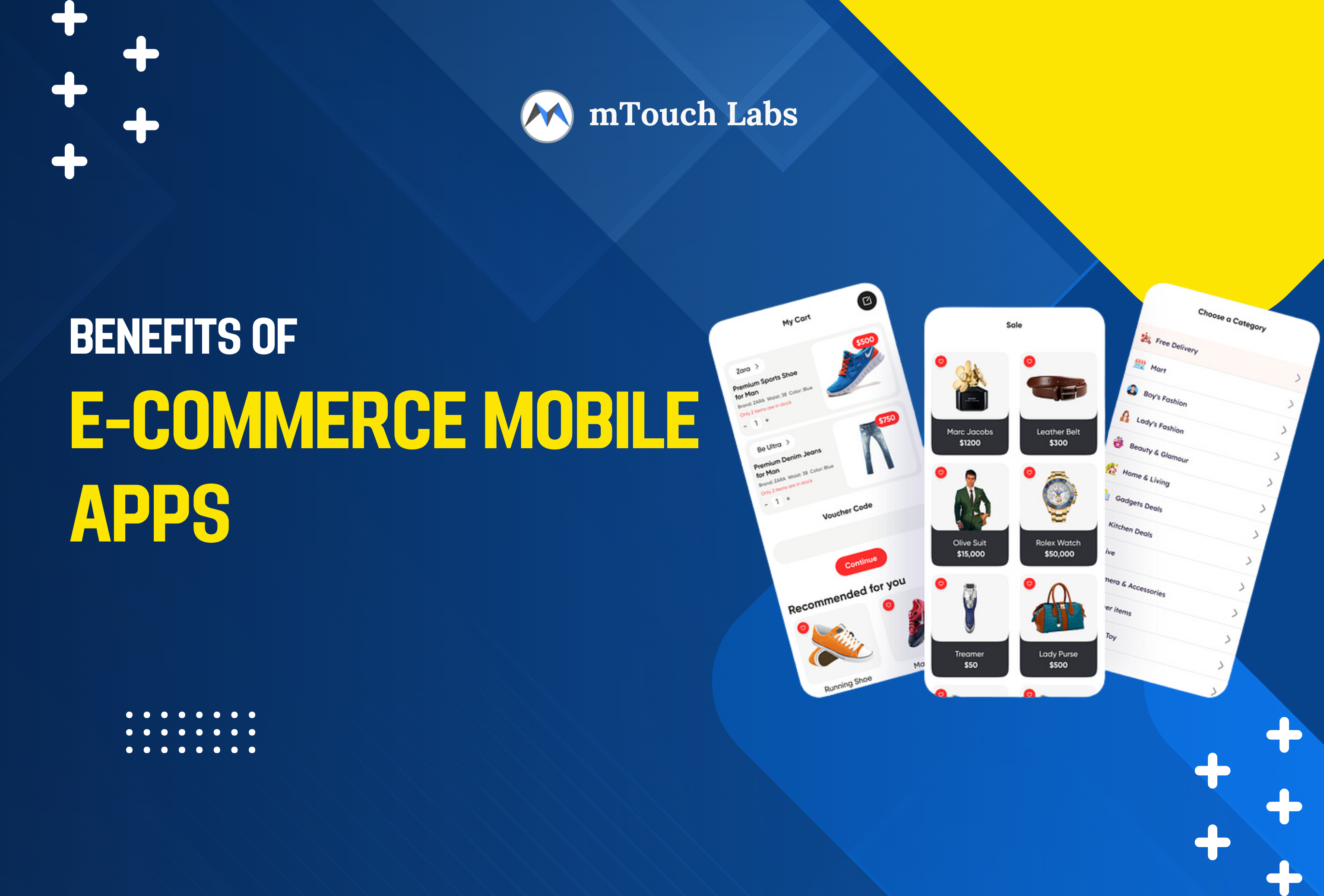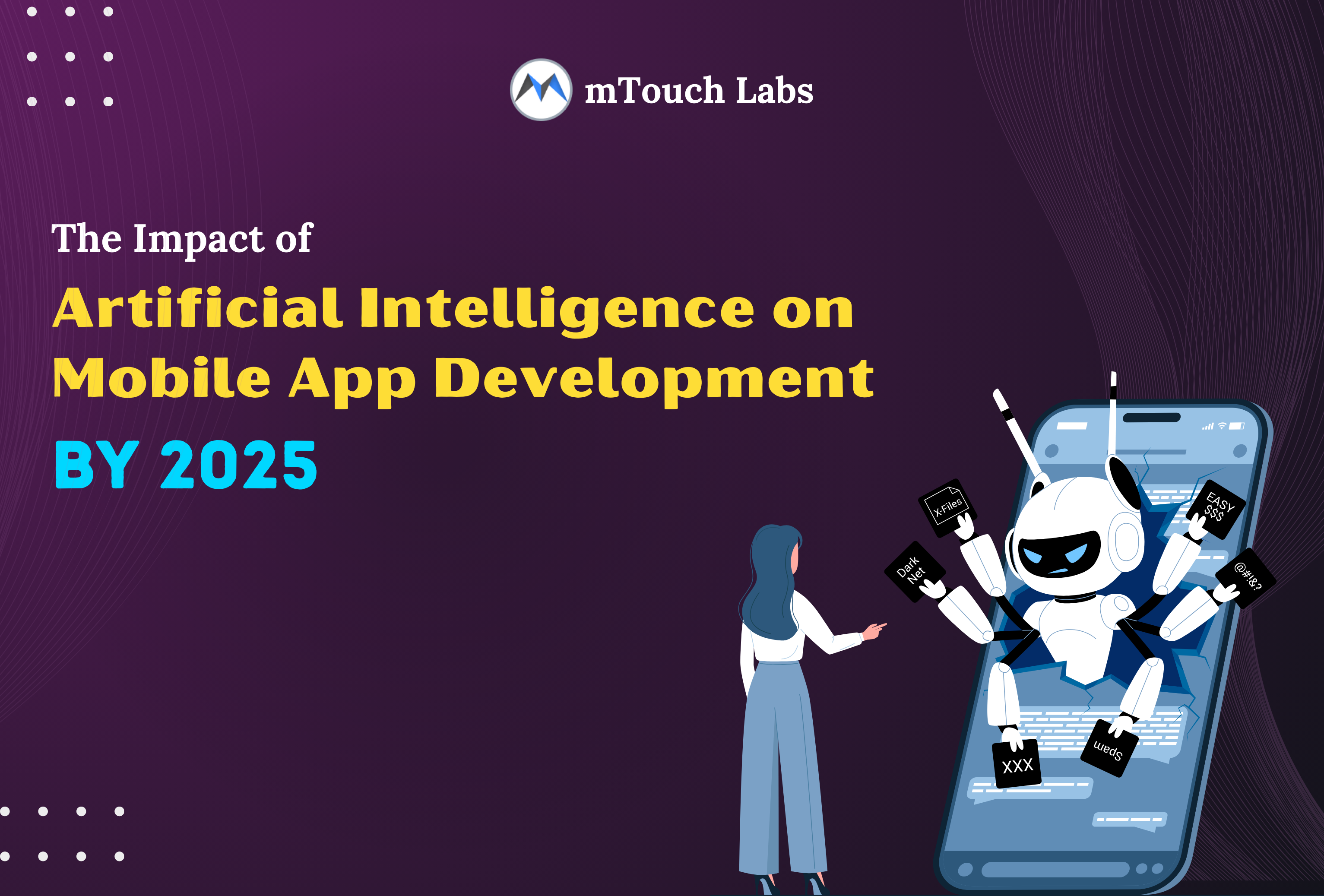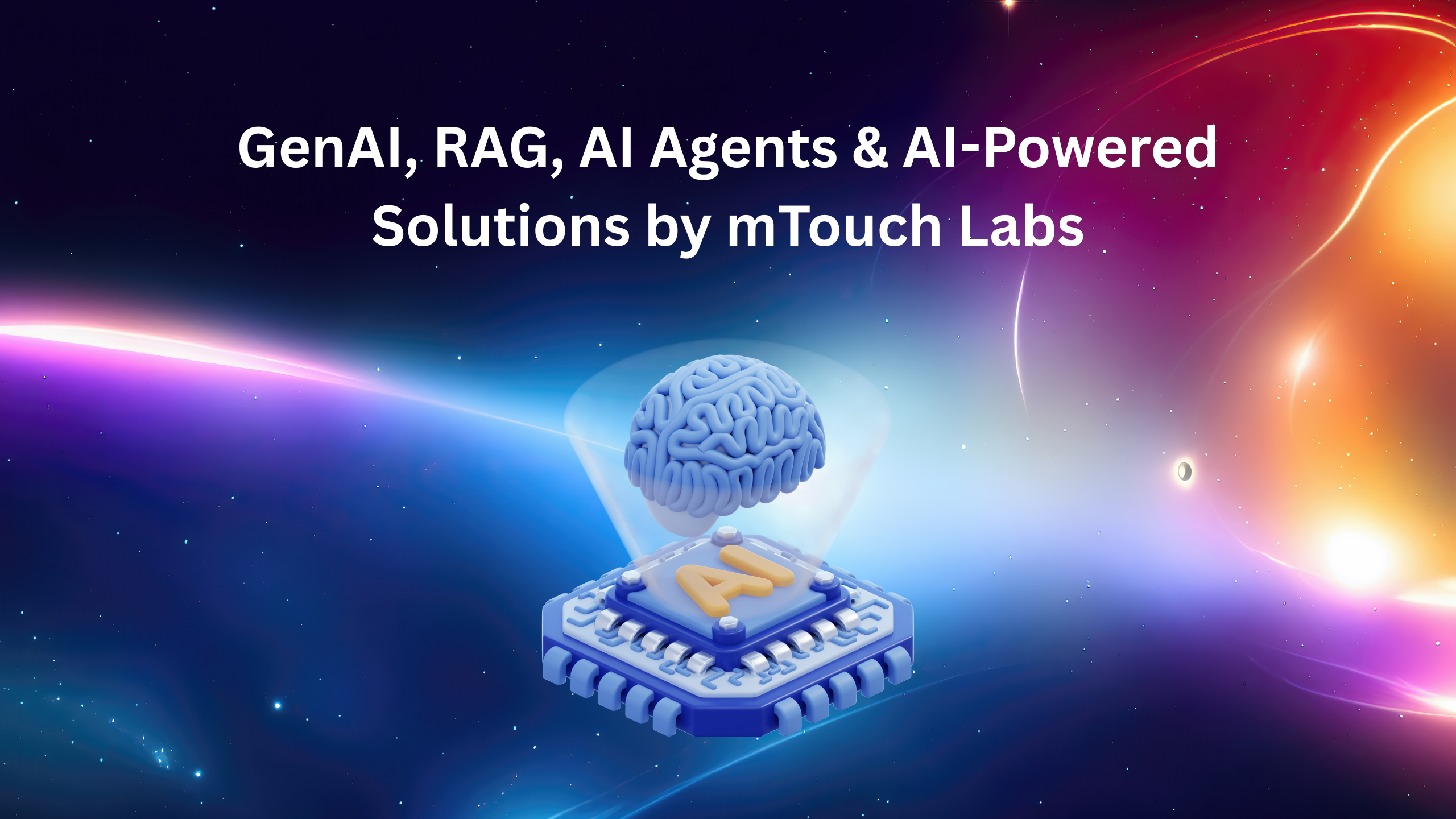The Role of AI in eCommerce Development: Transforming Online Shopping
Introduction
Artificial Intelligence (AI) has become a transformative force across industries, and eCommerce is no exception. As consumer expectations evolve, businesses need to keep up with the demand for personalized, seamless, and efficient online shopping experiences. In this context, AI is not only enhancing howeCommerce development companies operate but also revolutionizing how businesses interact with customers. From personalized recommendations to optimizing logistics, AI is reshaping the future of eCommerce development.
Generative AI and Its Significance
Generative AI, a subset of artificial intelligence, focuses on teaching machines to generate original content. Unlike traditional AI, which functions based on predefined rules, generative AI learns from vast datasets and generates creative outputs on its own. This capability has led to significant efficiency gains and the automation of tasks across multiple sectors, driving businesses to adopt these technologies at an accelerating rate.
Impact of Generative AI Across Industries
Generative AI is making waves in diverse industries, each utilizing its power in unique ways:
- Content Creation: Generative AI automates content generation, leading to a 40% reduction in time spent on writing tasks. This allows professionals to focus on strategic work while boosting creative output.
- Design and Art: Designers use AI to generate unique visuals and illustrations, leading to a 75% surge in creativity and the number of innovative concepts produced.
- Software Development: Developers leverage AI to generate code snippets, identify bugs, and suggest solutions, resulting in faster development cycles and enhanced code quality.
- Healthcare: AI assists in analyzing medical images and predicting patient outcomes with greater accuracy, improving diagnostics and treatment plans.
- Gaming and Finance: Game developers use AI to create dynamic environments, while financial institutions rely on it to predict market trends and optimize trading strategies.
Top 7 Generative AI Tools and Platforms for 2024
Here are the top generative AI tools shaping the present and future of innovation:
- ChatGPT: OpenAI's language model excels at generating text, answering questions, and supporting creative projects.
- GPT-4: An advanced language model offering nuanced responses, content creation support, and natural language processing capabilities.
- Bard: Google's experimental chatbot leverages LaMDA for seamless conversations and content generation, catering to software development.
- Claude: Anthropic's AI assistant offers multilingual support and helps automate workflows across industries.
- Scribe: An AI writing assistant that automates content creation, making it easier to generate reports, summaries, and more.
- AlphaCode: A coding assistant designed to help developers write better code, fix bugs, and accelerate software projects.
- GitHub Copilot: Integrated within popular code editors, GitHub Copilot generates code snippets and explanations for efficient coding.
Personalization and Customer Experience
Personalization has become the cornerstone of successful eCommerce platforms. Today's consumers expect businesses to offer products, content, and experiences tailored to their preferences and behaviors. AI is at the forefront of making this possible through:
- AI-Powered Product Recommendations: Machine learning algorithms analyze customer behavior, purchase history, and browsing patterns to recommend products that are highly relevant to the individual, boosting customer satisfaction and driving higher conversion rates.
- Dynamic Content Personalization: AI can modify web content in real-time based on customer data. For instance, landing pages can be dynamically adjusted to feature products or promotions that align with a customer's preferences or location.
- Chatbots and Virtual Assistants: AI-driven chatbots provide 24/7 customer support, answering queries, offering product recommendations, and resolving issues quickly.
AI-Driven Pricing and Dynamic Pricing Models
AI plays a key role in optimizing pricing strategies for eCommerce by analyzing large datasets, including competitor pricing, demand fluctuations, and customer behavior. AI can implement:
- Dynamic Pricing: Real-time price adjustments based on demand and competitor activity.
- Predictive Analytics: AI predicts trends and adjusts pricing or promotions accordingly, helping businesses plan for peak seasons or optimize pricing strategies.
AI in Supply Chain and Inventory Management
AI helps eCommerce businesses streamline supply chain and inventory management by enabling:
- Demand Forecasting: AI algorithms analyze historical sales data, market trends, and external factors to forecast future demand.
- Automated Warehouse Management: AI-powered systems automate warehouse operations and track inventory levels in real-time.
- Smart Logistics and Delivery: AI optimizes shipping routes and predicts potential delivery delays based on real-time data.
AI for Fraud Detection and Cybersecurity
AI is a powerful tool for detecting and preventing fraud in real-time by:
- Fraud Detection: Monitoring transactions and detecting suspicious patterns that may indicate fraud.
- Secure Payments: AI-based authentication methods like facial recognition and biometric verification enhance security.
AI-Powered Marketing and Advertising
AI enables highly targeted marketing campaigns and enhances customer segmentation by:
- Predictive Analytics for Marketing: AI analyzes customer data to predict future behaviors and preferences.
- Automated Ad Targeting: Real-time adjustments to targeting parameters based on user behavior.
- Customer Segmentation: AI groups customers based on shopping habits and demographics, enabling personalized campaigns.
Conclusion: AI is the Future of eCommerce Development
Generative AI is more than a trend; it's a transformative force reshaping how businesses create, innovate, and operate. From boosting productivity in content creation to enhancing software development processes, the tools discussed in this blog illustrate the immense potential of generative AI. As businesses continue to adopt these technologies, the fusion of human creativity and AI-driven automation will unlock even greater possibilities in the future.
At mTouch Labs, we understand the transformative potential of generative AI and offer specialized generative AI consulting services. Our team of skilled AI engineers is dedicated to helping businesses integrate and optimize these cutting-edge tools to achieve remarkable results. Embracing generative AI can propel your business to new heights, and we are here to guide you through every step of the journey.
The role of AI in eCommerce development is expansive and transformative. From personalization to optimizing inventory, AI is driving significant advancements across the entire eCommerce ecosystem. As businesses invest in AI-driven technologies, they'll be able to deliver more personalized experiences, streamline operations, and increase profitability. Are you ready to incorporate AI into your eCommerce platform? Let's talk about how AI can transform your online business and help you stay ahead of the competition.
Frequently Asked Questions
Find answers to common questions about AI in eCommerce development.
AI enhances personalization in eCommerce through AI-powered product recommendations that analyze customer behavior, purchase history, and browsing patterns to recommend highly relevant products. It enables dynamic content personalization that modifies web content in real-time based on customer data, and provides 24/7 customer support through AI-driven chatbots and virtual assistants that answer queries, offer product recommendations, and resolve issues quickly.
AI improves eCommerce search and navigation through visual search that allows customers to upload images and find visually similar products, natural language processing (NLP) that interprets natural language queries and understands synonyms and intent, and voice search optimization that enables consumers to use voice commands to shop online through assistants like Alexa and Google Assistant.
AI helps with fraud detection and cybersecurity by monitoring transactions in real-time and detecting suspicious patterns that may indicate fraud, and by implementing AI-based authentication methods like facial recognition and biometric verification to enhance payment security and protect both businesses and customers from fraudulent activities.
Ready to Transform Your eCommerce Platform with AI?
Let's discuss how mTouch Labs can help you incorporate AI into your eCommerce platform and stay ahead of the competition.
Get Started

